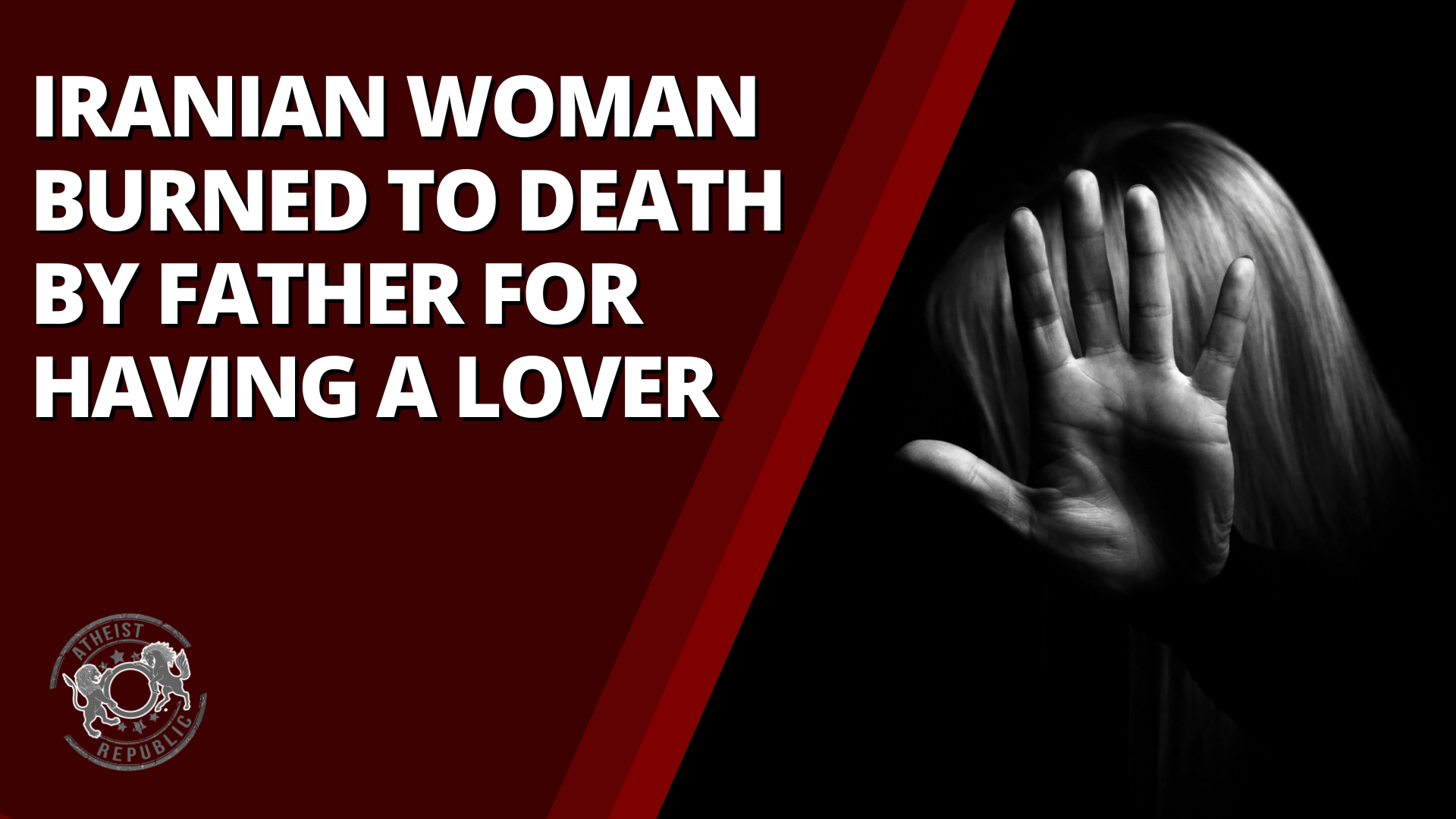
Dr. Iman Navvabi shared a photo of a patient with severe burns on his Instagram around October 4. The victim was 22-year old Faezeh Maleki, who suffered third-degree burns on 85% of her body. She died of her injuries on the morning of Sunday,October 3rd.
Kurdistan Human Rights Network, an independent, non-profit, and nonpartisan organization in France, spoke with one of the witnesses. Faezeh Maleki’s father poured gasoline on her and lit her on fire, explained the witness.
Mohammad Jabbari, the Public and Revolutionary Prosecutor of Kurdistan, a province in Iran, said that “it is true that this girl is burnt, but it is being investigated whether she burned herself or her father burned her.” “So far, no one has filed a complaint regarding the incident,” Jabbari added.
Dr. Navvabi’s Instagram post refuted Jabbari’s claims. “They brought a 22-year-old girl to the hospital, who was burned by her father because of having a lover,” he said on his post.
A group of activists is planning to hold protests to pressure the Iranian government against “honor killings,” which claim more than 400 lives every year in Iran. The perpetrators are the fathers, brothers, or any male relatives of the victims.
In October last year, The Lancet explained that honor killings result from the perception that women bring “disgrace upon their families,” the study added. The so-called disgrace may come from a refusal to marry a groom of choice, getting a divorce, sexual relationship outside marriage, adultery, and even rape.
The cultural atmosphere in Iran is not helpful with the plight of women and women’s rights activists. Despite multiple incidents, the Iranian government is either unwilling or unable to address the issue of honor killing.
Jabbari, instead of focusing on the victim’s plight and the investigation, targeted Dr. Navvabi instead. “This is a violation of laws, and this person should not have posted it on the internet when nothing has been clarified yet,” Jabbari said. It should also be noted that the post is no longer up.
Women’s rights activists in Sanandaj issued a statement on October 3, condemning Meliki’s death and honor killings. They urged the Iranian government to take action and demanded “change in discriminatory laws against women’s rights.”
